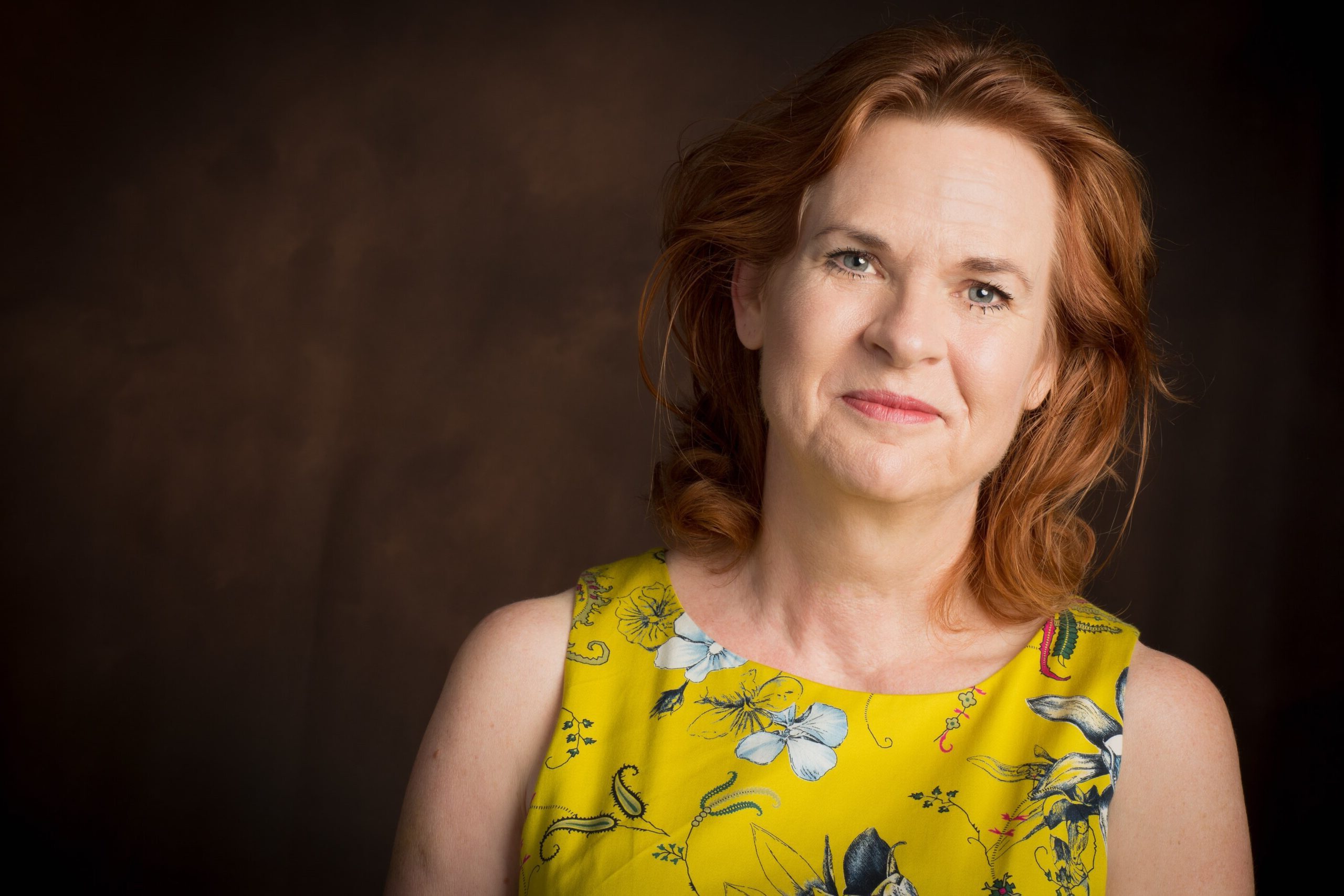I want to talk to you about making love. Not sex but making love happen, in the small and important moments together, so that even when you’re having a difficult discussion or disagreement, you know how to make love happen between you.
There is an art and a science to this. The art is to let your partner know they are the centre of your world for this conversation.
You make love happen when you give your full attention to your partner and let them know that you really want to understand their perspective about this issue. And you’ll wait until you do before you share your own. You’re putting them first. You’re creating dialogue and a sense of sharing, not trying to convince and persuade.
You look at your partner carefully, respectfully, attentively and without judgement.
You make love happen when you listen. I mean really listen, catching their words and the feelings they are sharing with you. You take time to share what you’ve heard so your partner can help you – if you’ve got off track or misunderstood something they’ve said. You’re listening to understand them better.
This isn’t as easy as it sounds, because it also means you stop your chattering thoughts – you know – thinking about what you want to say next, your opinion your ideas, your suggestions to solve this problem between you.
The science confirms that when you can repeat back what you’ve heard your partner say, in particular using their words, you create so much more trust, and so much opportunity to relax more into the conversation, and learn more about each other.
Making love happen is you let your partner know you want to ‘get it’ from their point of view, before you need to share your own ideas.

Want to know more about how to make more love in your relationship?


